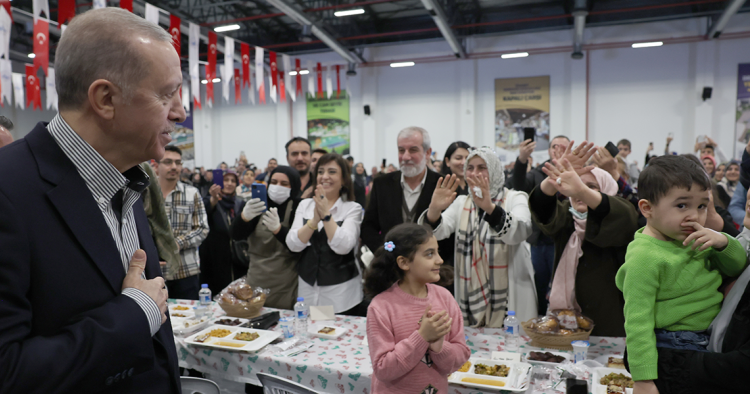Turkey’s presidential and parliamentary elections on May 14 will pose a key question of our time: is it possible to slow authoritarian backsliding and renew democratic progress? At a time of autocratic surge, it has become fashionable to make bleak predictions about the fate of liberal democracies.
Less scrutinized is the future of autocracies. Will countries such as Turkey that descended into one-man rule remain autocratic? Is it possible to depose entrenched strongmen like Recep Tayyip Erdoğan through elections?
Turkey’s opposition parties have never been more optimistic about that prospect, and for good reason. Just like democracies, autocracies die in poverty. Strongmen mobilize popular support behind their autocratic agendas but they must deliver economic growth. Erdoğan came to power in 2003 after the worst economic crisis in three decades. He took the reins of power in the name of the forgotten people, pledging prosperity. He followed through on that promise in his first decade in charge thanks to an economic rebound and a pro-western foreign policy.
But Erdoğan’s reign has since degenerated into corruption, misrule and cronyism. While a few at the top enjoy immense wealth, millions of Turks are below the poverty line. Erdoğan’s authoritarian bargain has collapsed. Turkey’s opposition promises a new contract with society — one that restores parliamentary democracy, pursues a peaceful, pro-western foreign policy and promotes shared prosperity. It might finally have the ear of the people.
Continue reading on The Financial Times
Photo by TUR Presidency/Murat Cetinmuhurdar/Anadolu Agency via Getty Images
The Middle East Institute (MEI) is an independent, non-partisan, non-for-profit, educational organization. It does not engage in advocacy and its scholars’ opinions are their own. MEI welcomes financial donations, but retains sole editorial control over its work and its publications reflect only the authors’ views. For a listing of MEI donors, please click here.













